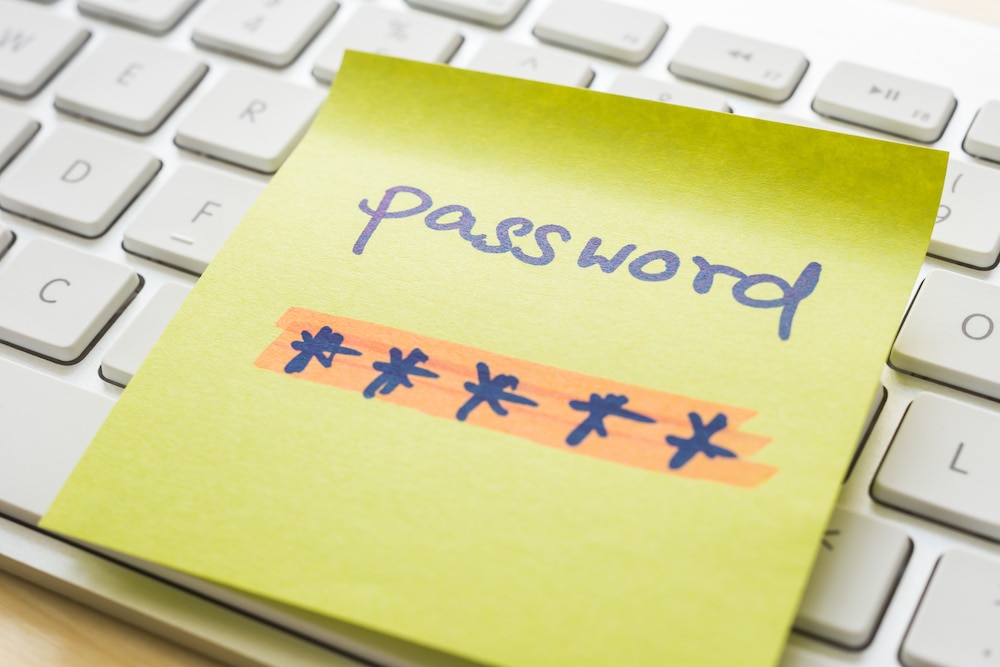We all know that cybersecurity is important, yet for so many small businesses, it’s little more than an afterthought. Something to think about later, once more pressing issues – such as acquiring new customers and paying employees on time – have been dealt with.
If that’s you, we get it. Really we do, but cybersecurity doesn’t need to be stressful, expensive, or time consuming. There are many small changes that can rapidly improve your company’s digital defenses. The best place to start is with a business password manager.













